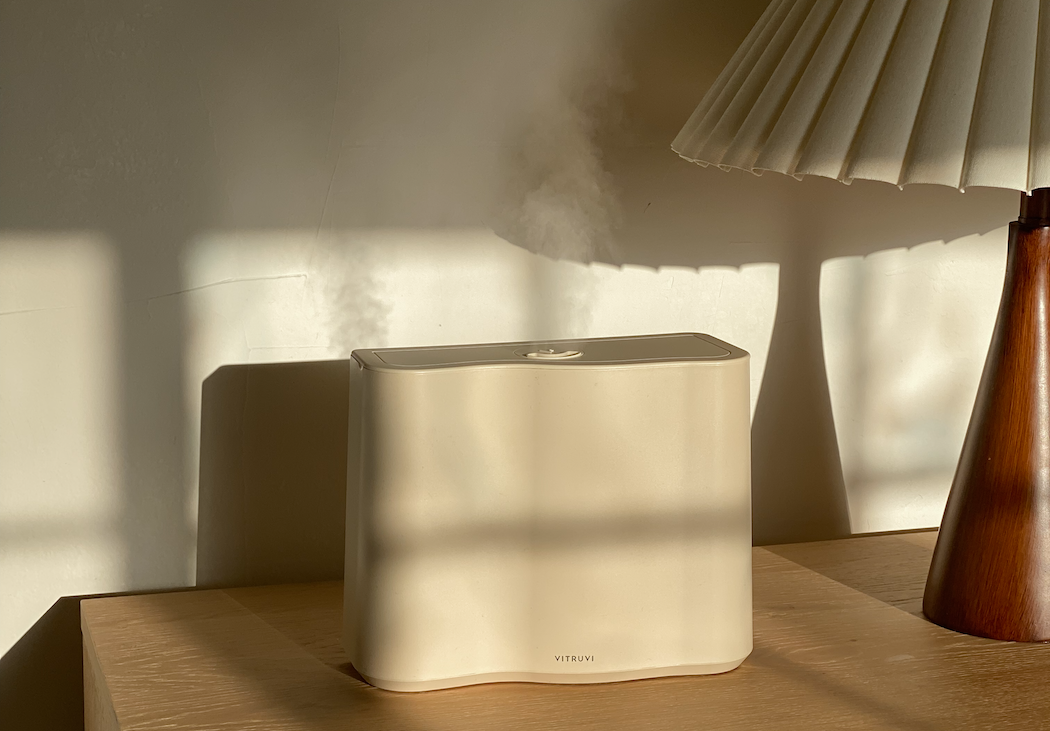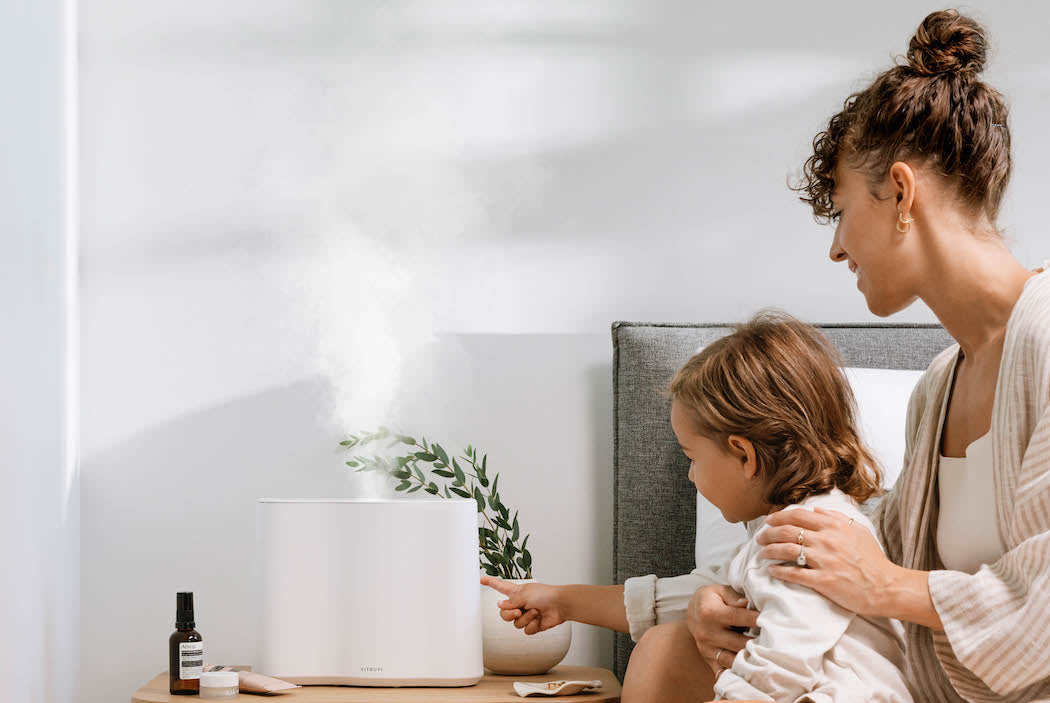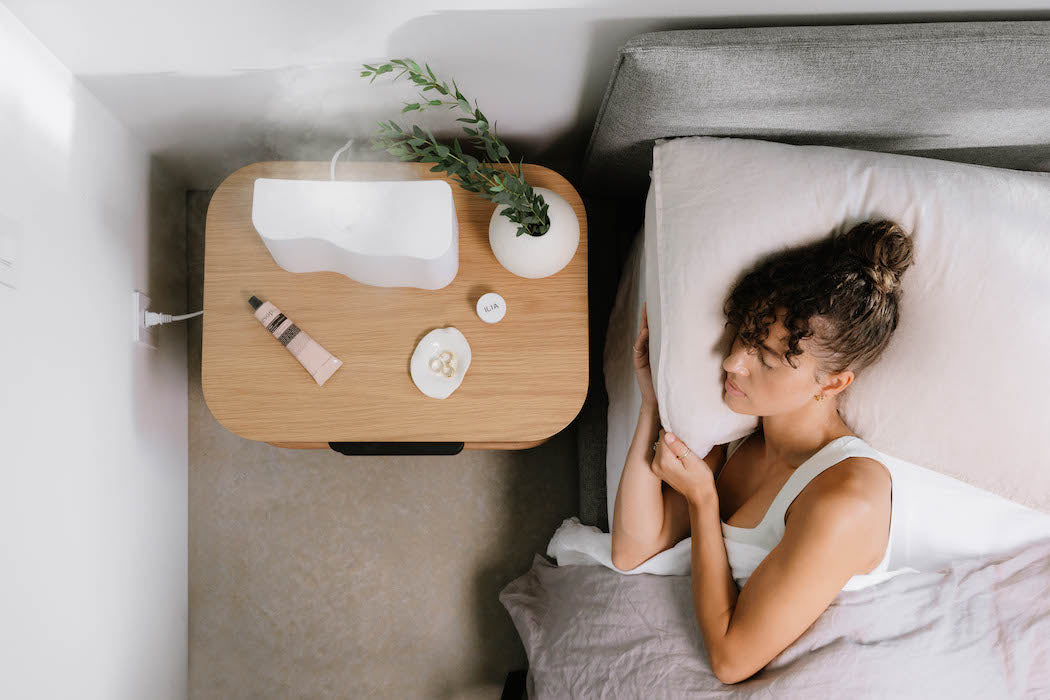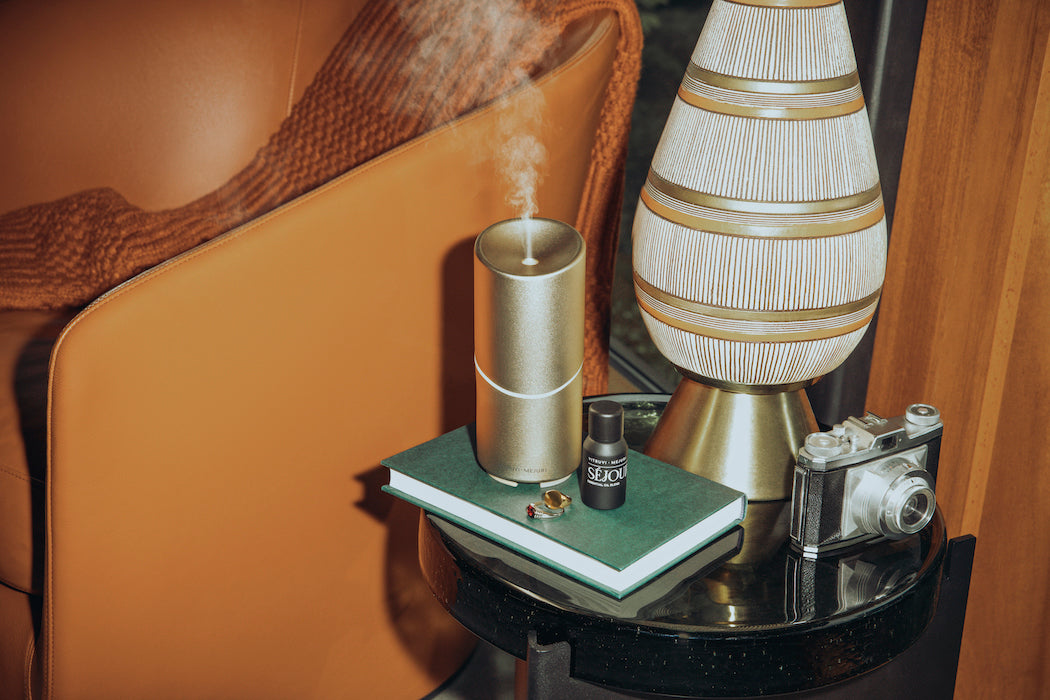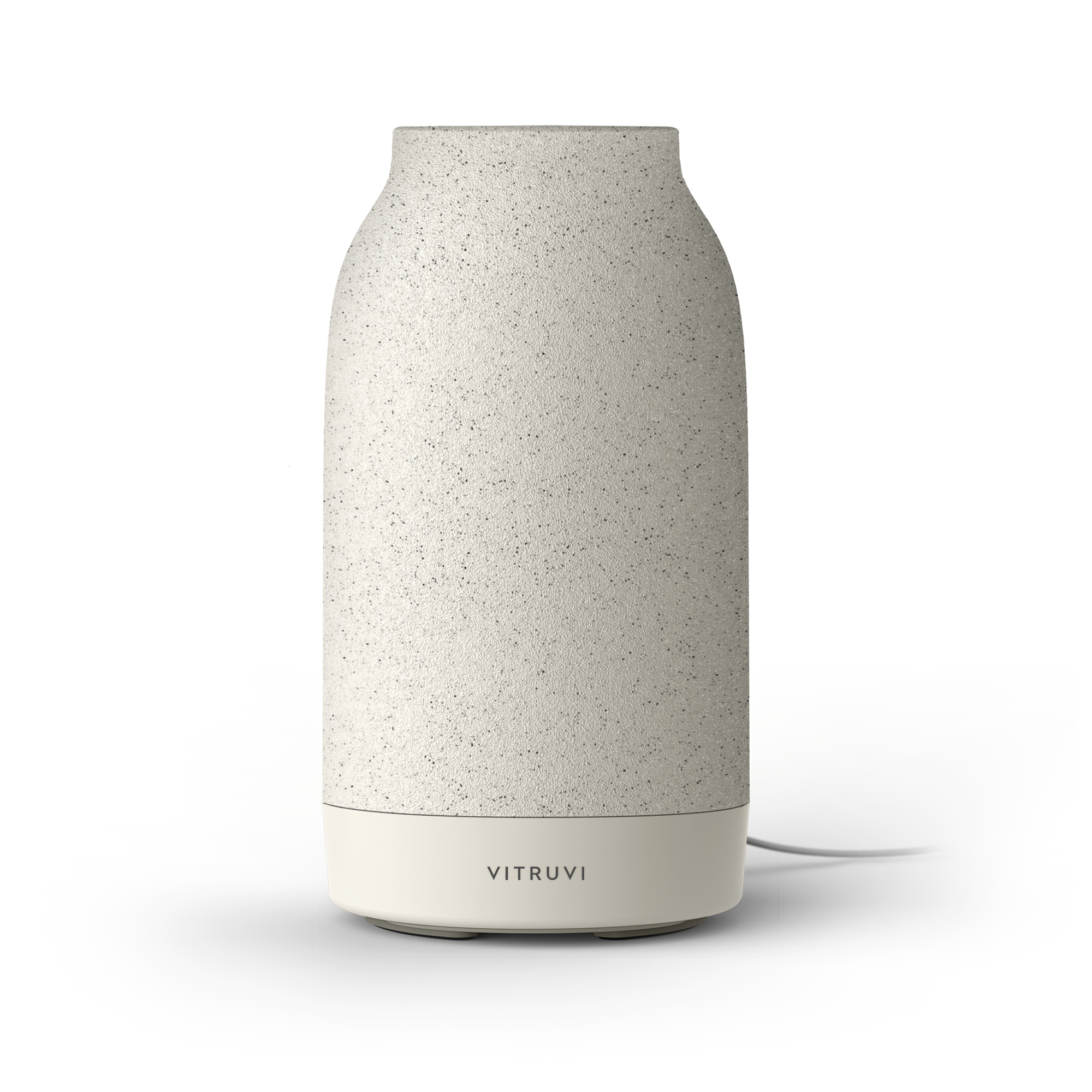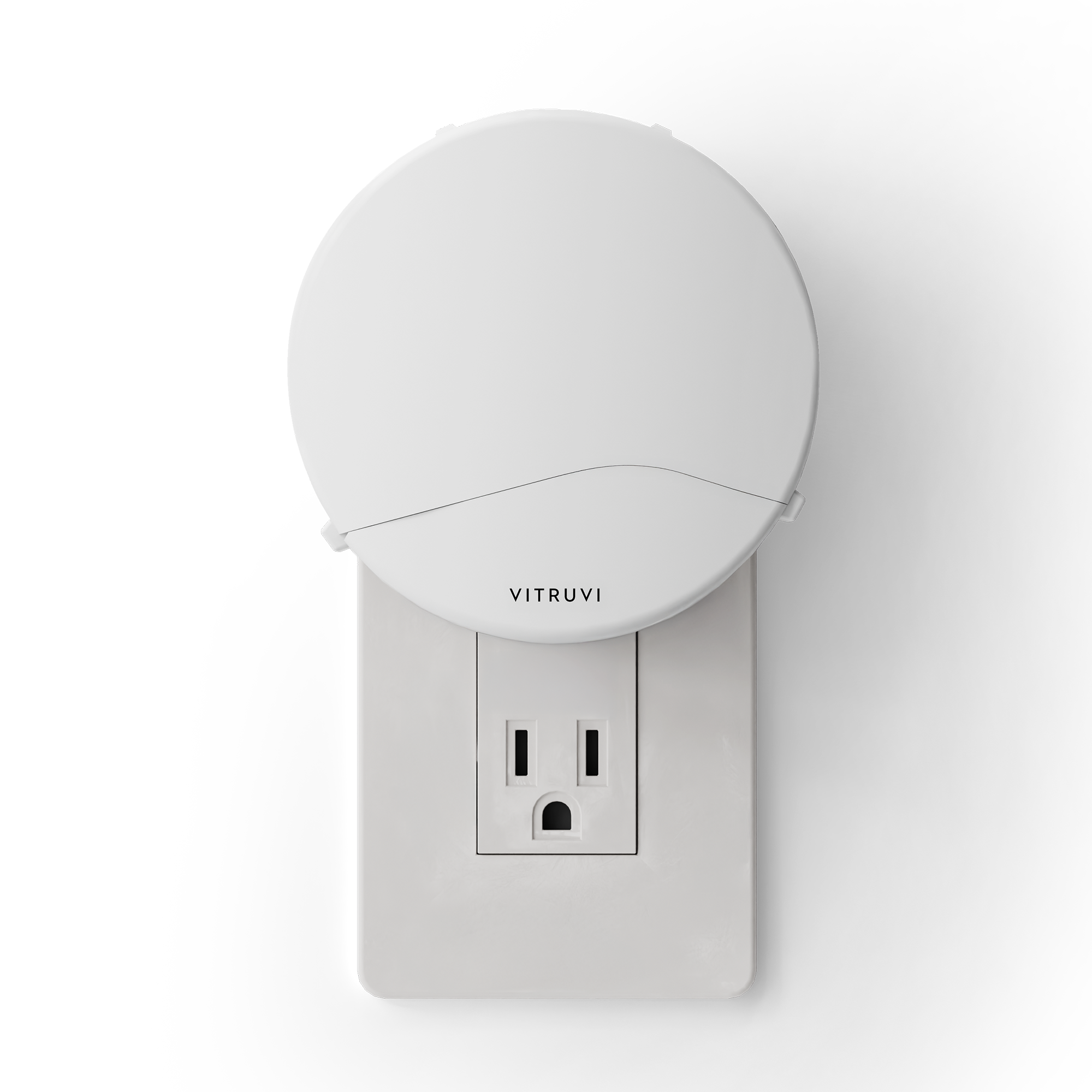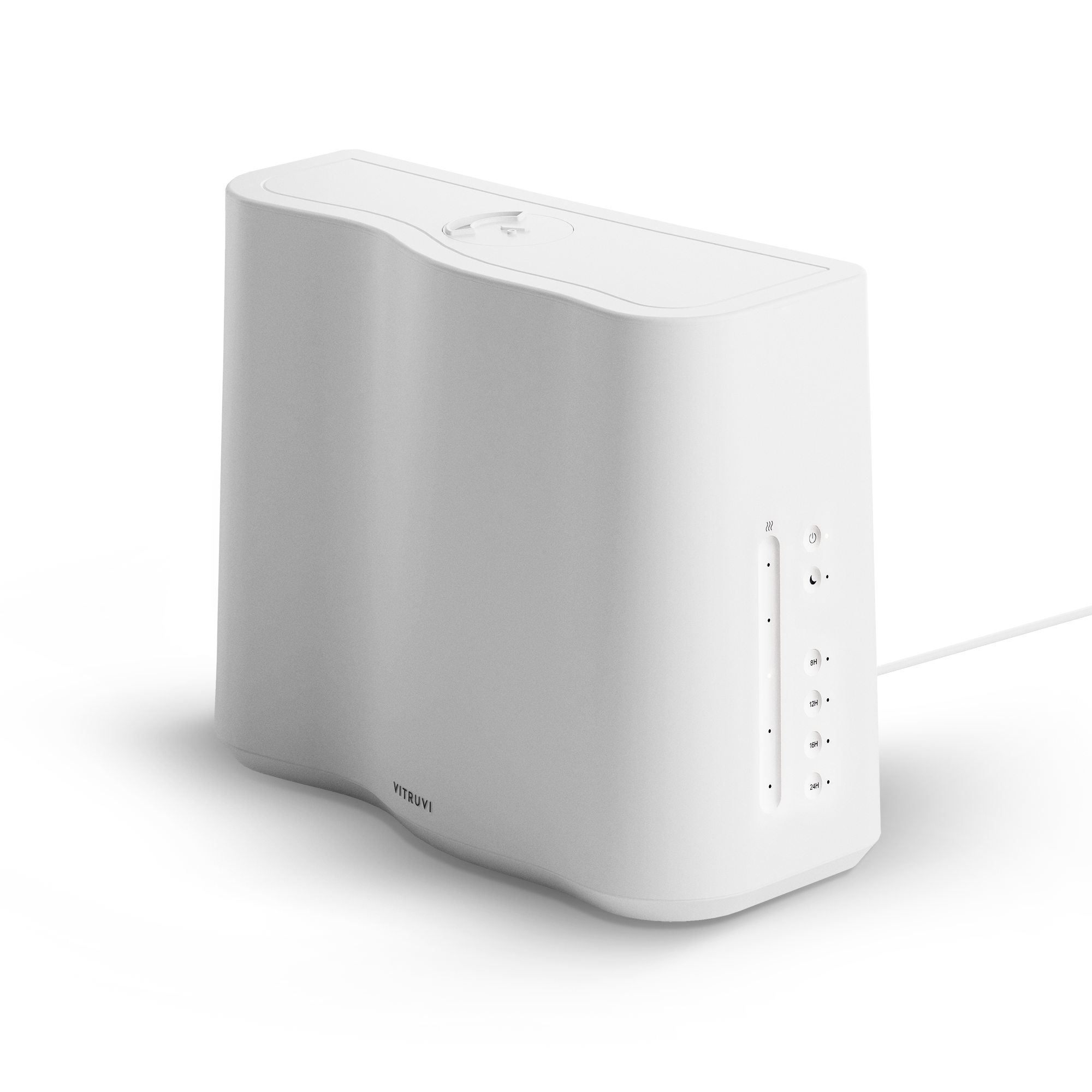Do you toss and turn after you crawl into bed at night? You aren’t alone. According to the Centers for Disease Control and Prevention, one-third of American adults say they get under the recommended amount of nightly sleep. As we all know, though, quality sleep helps us not only recharge, but actually heal—it is essential to living well. So here are a few tips for upgrading your nightly routine for a better night’s rest.
Make your bedroom a tech-free zone
Sure, it’s tempting to scroll through social media one last time pillowside, but a glowing screen is potentially messing with your ability to slip into a deep sleep. A report by Harvard Health revealed that using technology before bed can negatively impact sleep because the stimulation caused by a screen’s blue light throws off the body’s biological clock, which can result in restless, interrupted res. So, try to store technology in another room in the house, or at least avoid checking emails within an hour or two of cozying into bed.
Set the mood
Take a few minutes to dim the lighting. A study in the The Journal of Clinical Endocrinology & Metabolism found that too much electrical light before bedtime can suppress the production of melatonin, a hormone that helps tell our bodies when it’s time for sleep. Turning off any unnecessary electrical lights in the evening will help you to ease into sleep more naturally.
Customize an aromatherapy blend
Diffusing a few drops of essential oils about an hour before you climb into bed will promote a restful night. Create a blend for your bedroom that will help you relax and unwind; Lavender is known to help calm the body and mind, while other scents like Cedarwood, Bergamot, and Ylang Ylang can promote sleep by helping decrease anxiety, lower blood pressure, and alleviate stress. If you want something pre-mixed, try our soothing Sleep Essential Oil Blend.
Write down your thoughts
According to the American Psychological Association, the simple act of jotting down a quick to-do list in order to unload the worry of upcoming obligations and unfinished tasks has been shown to help to stop that constant loop of thinking come bedtime—so that you fall asleep faster and get a solid night of shuteye.
Create a nighttime routine that works for you. Maybe that’s pulling up the covers and digging into a good book, flowing through a gentle yoga routine, practicing a 10-minute meditation, or soaking in a warm bath. Whatever it is that relaxes you at the end of the day, doing the same thing every night will signal to your body that it’s time to start thinking about sliding under the covers and getting some well-deserved rest.



